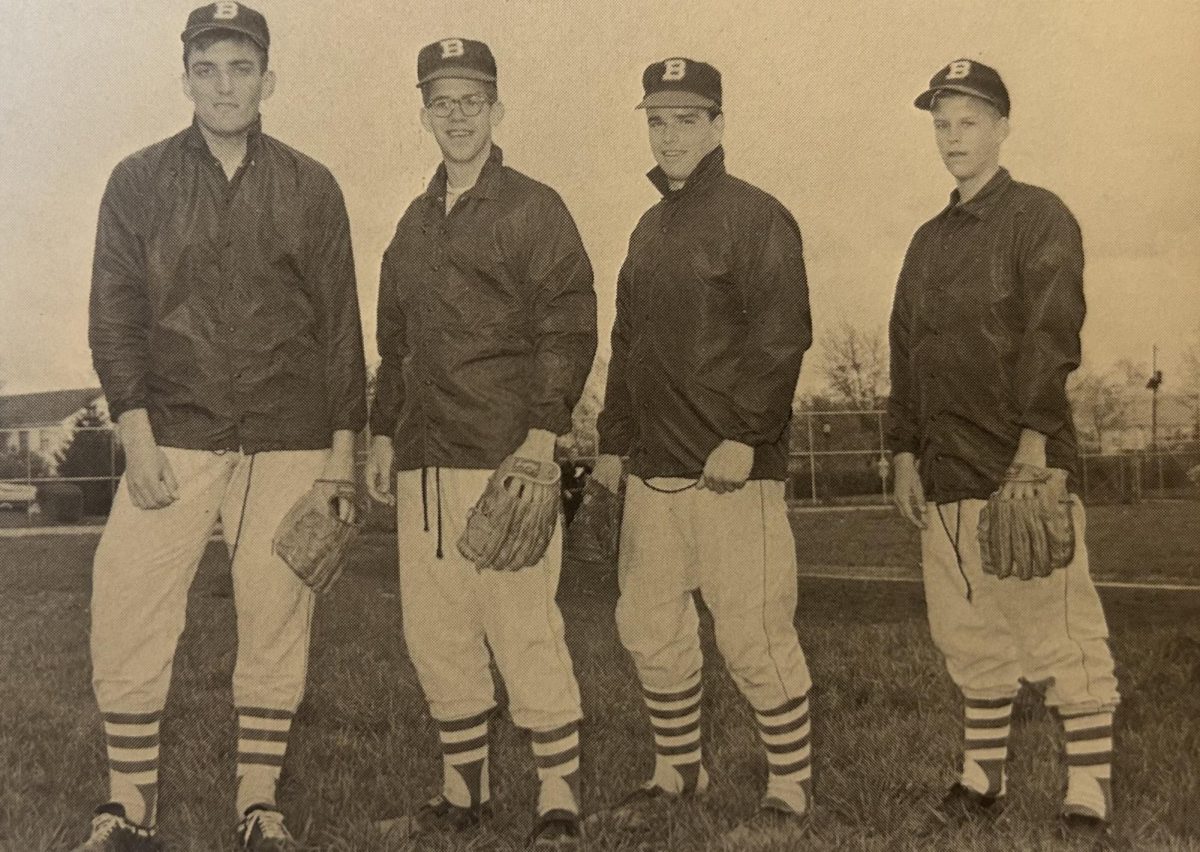The year began like any new year. Party-goers hugged and cheered as the ball dropped at Times Square. Families wrote resolutions: to go to the gym more, to visit their elderly parents. Students vowed that this year would be the one where they worked the hardest in school and procrastinated the least.
Then, in March, COVID-19 hit the United States, closing down schools and work all around the country and abruptly turning lives inside out. Nine months later, the world has adjusted in response to the virus, and so have students.
Sophomore John Laing said he first expected COVID-19 to be brief and that everything would quickly return to normal.
“Originally, when we got two weeks off after spring break, I was really excited,” Laing said. “Even when lockdown first started, I wasn’t too worried. It still felt very novel to me.”
However, by the end of lockdown, Laing said he had acknowledged the dangers of the virus and found himself more concerned than he had been before.
Freshman Solly McDow also said that at the beginning of lockdown, he was only excited about the extension of spring break and didn’t worry about the dangers of the virus.
“At the time, I didn’t know school was going to be canceled for so long and how bad COVID would be,” McDow said.
However, COVID-19 spread rapidly across the United States, and schools around the country shut their doors. According to ED Week, 48 states ordered or advised the closing of schools in the spring semester of the 2020 school year, affecting over 50 million students across America. Education continued online, a significant change in lifestyle for many students.
McDow said remote learning has led him to procrastinate more and be less motivated in school.
Laing added that distance learning has caused school to become more difficult.
“Especially on online days, trying to communicate with teachers is difficult,” Laing explained. “I feel like I have to work a lot harder to maintain my grades.”
Meanwhile, junior Priya Roy said that she feels the quality of education has declined due to online learning and explained that she feels there isn’t as much time to ask questions or participate in experiential learning during remote school.
Additionally, students such as Roy and senior Leah Tadese said that their lives outside of school have been altered due to COVID.
Roy noted that her social life has changed since the beginning of the year.
“I’ve only been seeing a small group of people to limit the spread,” Roy said.
Tadese has also limited her social circle, saying that she has adjusted to the existence of the virus by finding new ways to spend time with a few friends. Her inability to attend church has also affected her life outside of school.
“It’s been about 10 months since I’ve been there,” Tadese said. “It’s disappointing that I’ve lost my church community from the virus.”
Tadese said that this time has been particularly difficult because this is her last year at home before she heads off to college.
“My expectations for 2020 were to have an actual senior year where I could celebrate my last year of high school with my friends,” Tadese explained. “After the virus, that opportunity was taken away from me.”
However, McDow said that isolation caused him to reconnect with an old friend online because he couldn’t see his friends in person. He also said that this year has made him realize the importance of community and the struggle of isolation.
“When everyone was in lockdown…a lot of people struggled being by themselves or being without people they care about,” McDow said.
The Washington Post confirmed the theory that isolation results in a decrease in mental health, saying that in April, a federal emergency hotline for emotional distress registered a 1,000% increase over April of 2019.
Roy said that her biggest takeaway from the year is the importance of not taking things for granted. She said she realized this after the uncertainty of whether she would be able to see her grandmother or 90-year-old uncle, who both tested positive for the virus.
“It is really heartbreaking to think about not having these people in my life,” Roy said. “We can wear a mask for a few more months and keep distant for [their] generation.”


















